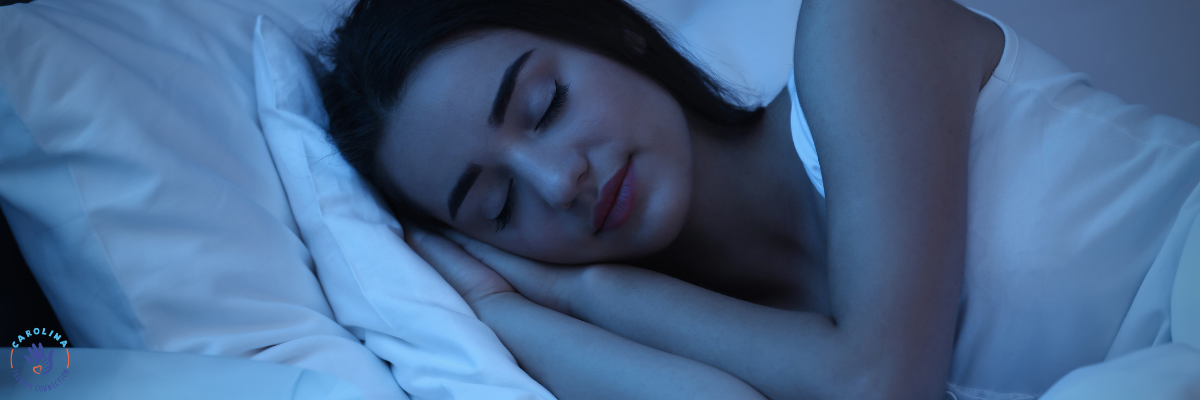In today’s fast-paced world, sleep often feels like a luxury rather than a necessity. Late-night scrolling, demanding work schedules, and constant stimulation make it easy to push bedtime later and later. But sleep isn’t just a way to recharge physically — it’s one of the most powerful tools we have for maintaining mental health and emotional balance.
The Powerful Connection Between Sleep and Mental Health
Sleep and mental well-being are connected in many ways. During sleep, especially in the deeper REM (Rapid Eye Movement) stages, our brains process emotions, consolidate memories, and clear out neurotoxic waste — all essential for cognitive functioning and emotional regulation.
Lack of sleep can throw off this delicate balance. Just one night of poor sleep can make you feel irritable, anxious, and unfocused. Over time, chronic sleep deprivation can contribute to the development or worsening of mental health disorders, including depression, anxiety, and even bipolar disorder.
How Sleep Affects Mood and Emotional Resilience
Have you ever noticed how everything feels a bit more overwhelming after a restless night? That’s because sleep plays a crucial role in regulating our mood. The amygdala is the part of the brain responsible for processing emotions; this area becomes more reactive when we’re sleep-deprived. This means we’re more likely to overreact to stressors or feel emotionally unstable.
Sleep helps us “reset” the emotional brain, giving us the resilience we need to face daily challenges. With adequate rest, we become better equipped to manage stress, resolve conflicts, and maintain a positive outlook.
Anxiety and Sleep: Breaking the Vicious Cycle
The relationship between anxiety and sleep can be complex. Anxiety can make it hard to fall or stay asleep, and not getting enough sleep can, in turn, increase anxiety levels. This creates a vicious cycle that can be hard to break. Research shows that insomnia is not only a symptom of anxiety but also a potential trigger.
Prioritizing healthy sleep habits, such as maintaining a consistent bedtime routine and minimizing screen time before bed, can help alleviate anxious thoughts and enhance overall sleep quality.
Sleep’s Role in Cognitive Function and Mental Clarity
Mental clarity, focus, and decision-making are all cognitive abilities affected by sleep. During deep sleep, the brain strengthens neural connections and clears away unnecessary information, which helps improve learning and memory.
When we’re sleep-deprived, it becomes harder to concentrate, solve problems, or make sound decisions. This mental fog can contribute to feelings of frustration, low self-esteem, and emotional exhaustion.
When to Seek Help: Therapy and Sleep Support
While it is essential to consult a sleep specialist to address physical ailments that restrict or impact sleep quality, working with a mental health therapist can help alleviate stress and incorporate practical coping skills to promote better and more consistent rest. Here are just a few ways a therapist can work with you to improve your sleep:
- Creating a routine.
- Developing skills to facilitate a sleep-friendly environment.
- Work to address substance use and excessive phone use.
- Develop somatic tools to help the body and mind connect and regulate.
How Can Carolina Therapy Connection Help?
Sleep isn’t just rest — it’s mental nourishment. At Carolina Therapy Connection, our licensed mental health therapists work with you to develop a personalized and collaborative action plan that supports improved sleep and emotional well-being. We offer in-person counseling at our Greenville, New Bern, and Morehead City locations, as well as teletherapy services to individuals across the entire state of North Carolina. Whether you’re struggling with sleep-related anxiety, mood swings, or stress, our team is here to help you build healthy habits that lead to better rest and a healthier mind. Get started today with a free 15-minute consultation!

